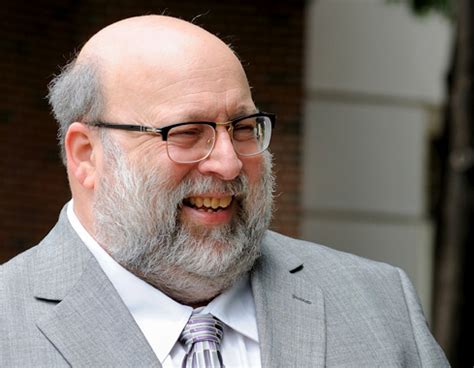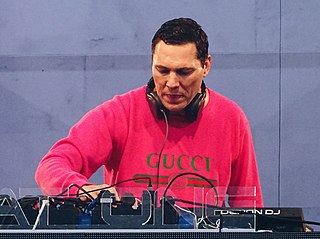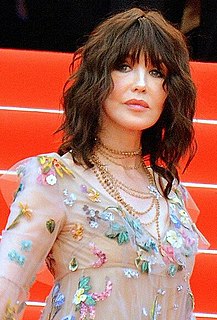A Quote by Aldous Huxley
Reality, however utopian, is something from which people feel the need of taking pretty frequent holidays.
Related Quotes
We need to be clear that there is no such thing as giving up one's privilege to be 'outside' the system. ONE IS ALWAYS IN THE SYSTEM. The only question is whether one is part of the system in a way which challenges or strengthens the status quo. Privilege is not something I take and which I therefore have the option of not taking. It is something that society gives me and unless I change the institutions which give it to me, they will continue to give it, and I will continue to have it, however noble and egalitarian my intentions.
I always like to make people happy, make them have a good time. It's pretty obvious if the room is dead - if no one is cheering or singing or whatever, there's obviously something wrong. I always try to look for euphoric feelings, things people are excited that they're hearing, and then I build from there. It's hard to explain, actually. When I'm in the mood, I just feel it. Now they need something with vocals, now they need something hard, something soft.
For me to get up and feel the urge to go to the set and all that, I have to feel there is something tremendously vibrating to achieve there. I need to lose sometimes a consciousness of the person and the reality in order to be happy to come back into the reality and happier to live it for this cause, to be an artist in this life.
Shallow emotions. An incapacity to feel genuine love. A need for stimulation. Frequent verbal outbursts. Poor behavioural controls. These are just some of the things that social media are encouraging in all of us. They're also a pretty comprehensive diagnostic checklist for sociopathy - in fact, that's where I got the list.
I was trying to develop a completely new, nonvoyeuristic approach to the female body as something other than a visual object. I wanted to find out what happened when you leave behind the voyeuristic mode and confront people with reality. But that's what was so interesting for me to discover: People don't want to see reality. It's a pretty simple idea, really, this question of how we deal with reality. When something is constructed, when it's projected onto a screen, it's acceptable, but it's different when it's there in front of you in a public space.
The first noble truth of the Buddha is that when we feel suffering, it doesn’t mean that something is wrong. What a relief. Finally somebody told the truth. Suffering is part of life, and we don’t have to feel it’s happening because we personally made the wrong move. In reality, however, when we feel suffering, we think that something is wrong. As long as we’re addicted to hope, we feel that we can tone our experience down or liven it up or change it somehow, and we continue to suffer a lot.
I never felt pretty. I don't feel pretty now. I'm not a pretty person. I don't like pretty. So I don't feel badly. And I think it worked out well, because I found that all the girls I know who got by on their looks, as time went on and they faded, they were nothing. And they were very disappointed. When you're somebody like myself, in order to get around and be attractive, you have to develop something, you have to learn something, you have to do something. So you become a bit more interesting.
The reality which is pretending be reality right now, impersonating reality, is just a pretty flimsy structure. There is not a lot of substance to it. You can't find people who are actively involved of affected by it. What you see is a completely different world, what you see is the world of the homeless, and so forth.





































